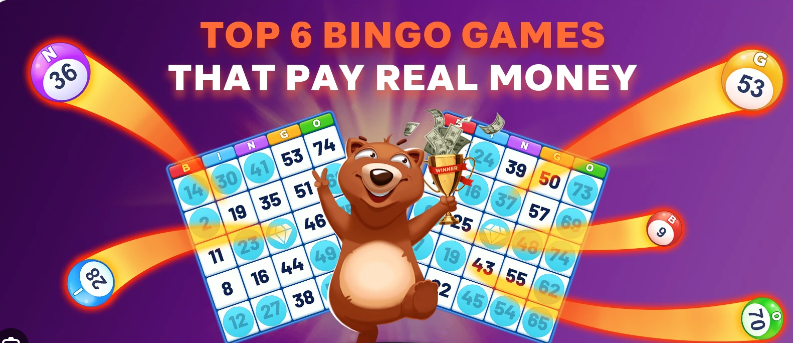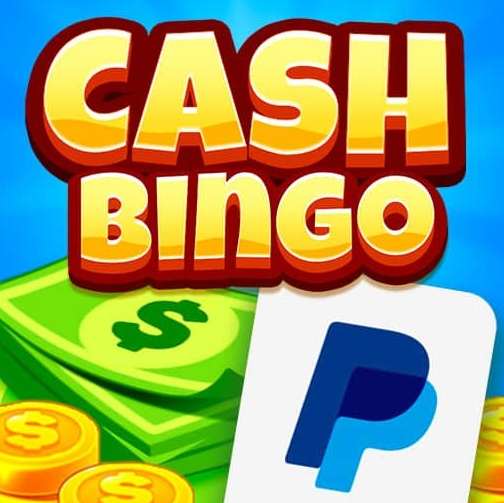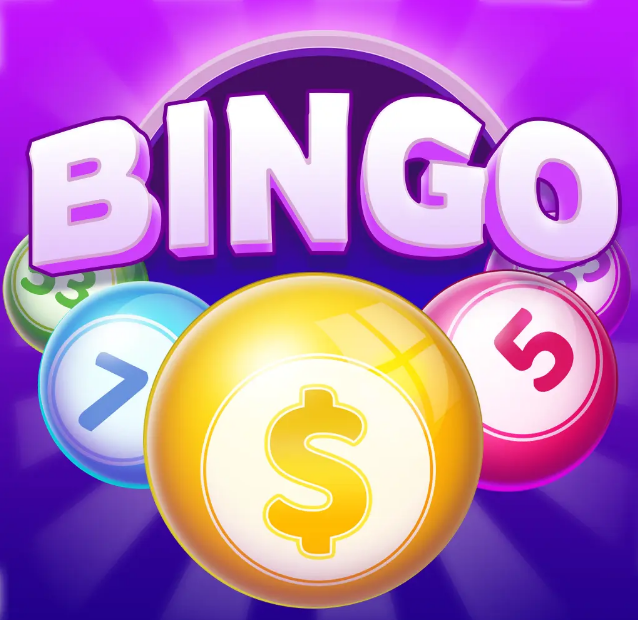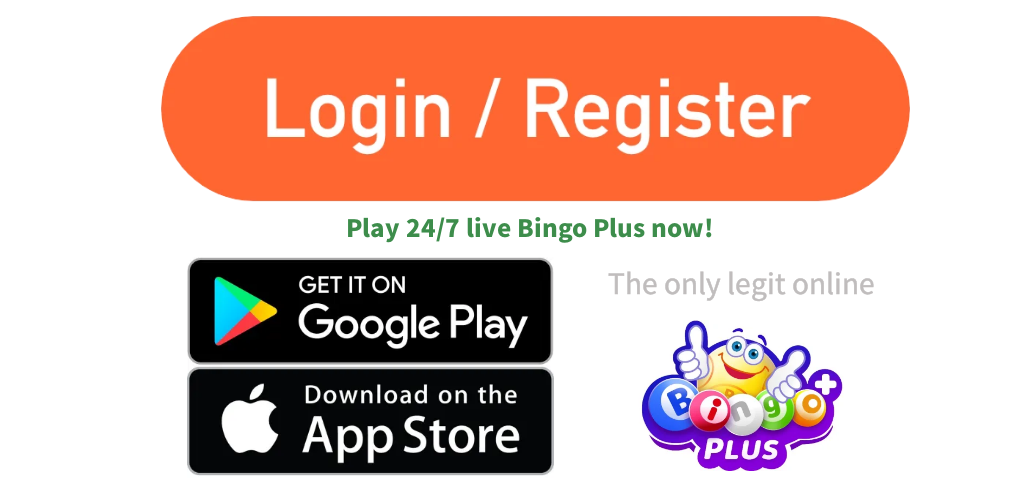Bingo games with higher payout rates, especially online platforms with progressive jackpots and lower operational costs, generally offer better payouts.
Understanding Bingo Payouts
How Bingo Payouts Work
Bingo payouts operate on a simple principle: players buy tickets, and a portion of the ticket sales goes into a prize pool. The size of this pool depends on the number of players and the price of tickets. For instance, in a game with 100 players each buying a $1 ticket, the prize pool might be $100. However, it’s not a winner-takes-all scenario. The game might allocate 70% for the first winner, 20% for the second, and 10% for the third.
Operators also factor in a house edge, a percentage of the ticket sales that they keep as profit. For example, if the house edge is 30%, and the total ticket sales are $1000, the bingo operator keeps $300, and the remaining $700 forms the prize pool. The lower the house edge, the higher the potential payout for players. Players should seek games with a lower house edge to maximize their potential winnings.

Factors Influencing Bingo Payouts
Several factors influence the size and frequency of bingo payouts:
- Number of Players: More players typically mean a larger prize pool but also more competition for the prizes.
- Ticket Price: Higher ticket prices can lead to larger prize pools, but they also mean a higher cost of entry for players.
- Payout Structure: Some games offer large payouts for single winners, while others distribute winnings among several players.
- Special Jackpots: Certain games have progressive jackpots, where a portion of each ticket sale is added to a continually growing prize.
- Frequency of Games: More frequent games might offer smaller individual prizes but give players more chances to win.
Understanding these factors helps players choose games that match their risk tolerance and winning aspirations. For example, a player seeking a large jackpot might opt for a game with a high ticket price and a progressive jackpot, while a player looking for consistent wins might prefer a game with a lower ticket price and a higher frequency of games.
Types of Bingo Games
Traditional Bingo Halls
Traditional bingo halls remain a popular venue for bingo enthusiasts. They offer a unique social atmosphere that online platforms can’t replicate. These venues typically charge a fixed price per ticket, which can range from $1 to $5, depending on the location and the game’s popularity. The prize money in these halls is directly proportional to the number of tickets sold. For example, in a game with 200 tickets sold at $2 each, the prize pool might be around $400, minus the house cut.
The advantages of traditional bingo halls include the physical interaction and the immediate payout upon winning. However, the costs of running a physical venue often result in a higher house edge, meaning a smaller payout percentage for players. Also, the frequency of games is limited to the hall’s operational hours, restricting players’ opportunities to win.
Online Bingo Platforms
Online bingo platforms have surged in popularity due to their convenience and variety of games. These platforms often offer tickets as low as $0.10, making them accessible to a broader audience. The prize pools vary significantly, with some games offering fixed payouts and others featuring progressive jackpots that can reach thousands of dollars.
Online platforms can afford to offer lower house edges, sometimes as low as 10%, due to lower operational costs compared to physical venues. This translates to higher payout percentages for players. Additionally, online bingo games are available around the clock, offering players more flexibility and opportunities to participate.
Another critical factor is the variety of games available online. From traditional 75-ball and 90-ball variants to more modern and fast-paced versions, online platforms cater to a wide range of preferences. However, players must consider the reliability and security of online platforms, ensuring they participate in games hosted by reputable providers.

Evaluating Bingo Platforms
Criteria for Assessing Bingo Games
When assessing bingo games, players should consider several key criteria to ensure a satisfying and potentially profitable experience:
- Payout Rates: Understanding the payout rate, or return to player (RTP), is crucial. Higher RTPs, typically above 90%, indicate a better chance of winning. For instance, a game with a 95% RTP returns $95 for every $100 wagered in the long run.
- Game Variety: A platform offering a wide range of games, including 75-ball, 90-ball, and special variants, caters to diverse preferences and keeps the experience fresh.
- Ticket Prices: Ticket prices can range from a few cents to several dollars. Players should balance the cost of tickets with the potential prize pool and their budget.
- Jackpot Sizes: Games with progressive jackpots can offer significant winnings, sometimes reaching tens of thousands of dollars, but they might be harder to win.
- User Interface and Experience: An intuitive and user-friendly interface enhances the playing experience, particularly for new players.
- Customer Support and Security: Reliable customer service and robust security measures are essential for player confidence, especially on online platforms.
Comparing Payout Rates
Comparing payout rates is a vital step in choosing a bingo game. For instance, a game on one platform might offer an 85% RTP, while another offers 95%. The difference significantly affects the potential return over time. Players should seek platforms that transparently display their games’ RTPs, allowing for informed decisions.
Top Paying Bingo Games
Identifying top-paying bingo games involves researching and comparing different platforms. Some online games offer high RTPs, often due to lower operational costs than traditional bingo halls. For example, an online game might have an RTP of 95% compared to a traditional hall’s 70-80%. This difference results in higher potential returns for players choosing online games.
Top Paying Bingo Games
Case Studies of High-Paying Bingo Games
To understand what makes a bingo game high-paying, let’s examine a few case studies:
- Game A: An online bingo game known for its progressive jackpot. Starting at $5,000, the jackpot grows with each ticket sold until someone wins. With a ticket price of $1 and an RTP of 96%, this game attracts a large player base. Players appreciate the low entry cost and the excitement of a potentially huge payout.
- Game B: A traditional bingo hall game offering a guaranteed jackpot of $2,000, regardless of the number of players. Tickets cost $5, and the game runs once a week. With an RTP of 85%, it’s less lucrative than some online games but remains popular for its social aspect and the thrill of a substantial guaranteed prize.
- Game C: An online game featuring a high-frequency, low-payout model. With tickets at $0.50 and games running every 5 minutes, the maximum payout per game is $100, but the RTP is a high 98%. This game appeals to players seeking frequent wins and longer play sessions with a modest budget.
User Reviews and Testimonials
User reviews and testimonials provide valuable insights into the real-world experiences of players. For instance, players often praise Game A for its life-changing jackpot but note the lower chances of winning. Game B receives acclaim for its community feel and guaranteed jackpot, though some players mention the higher ticket cost as a drawback. Game C is popular among those looking for quick, low-cost entertainment, but it’s noted that the winnings are relatively small.

Legal and Safety Considerations
Regulations Governing Bingo Payouts
The legal landscape for bingo games, especially online, varies significantly by region. For instance, in the United States, online bingo is subject to both federal and state laws. Some states allow it, while others have strict prohibitions. In the UK, the Gambling Commission regulates all forms of gambling, including bingo, ensuring fair play and protection for players. These regulations often dictate:
- Maximum Payouts: Legal frameworks may set limits on the size of bingo payouts to prevent excessive gambling. For example, a jurisdiction might cap the maximum jackpot at $10,000.
- Licensing Requirements: Bingo operators must obtain licenses, proving they adhere to legal standards for fairness and security. Unlicensed games are often illegal and risky for players.
- Auditing and Fair Play: Regulatory bodies require games to be audited for fairness, ensuring the random number generators (RNGs) used in bingo games are genuinely random.
- Age Restrictions: Most regions restrict bingo to adults, typically those 18 or older. This is crucial to prevent underage gambling.
Ensuring Fair Play and Security
For players, ensuring fair play and security is paramount. Players should look for:
- Certified RNGs: Legitimate online bingo platforms use certified RNGs to ensure each game’s outcome is random and fair.
- SSL Encryption: Secure Socket Layer (SSL) encryption is essential for protecting personal and financial information online.
- Reputation and Reviews: A platform’s reputation, as reflected in user reviews and industry awards, can be a reliable indicator of its trustworthiness.
- Responsible Gaming Features: Reputable platforms offer features like self-exclusion and deposit limits to promote responsible gambling.

